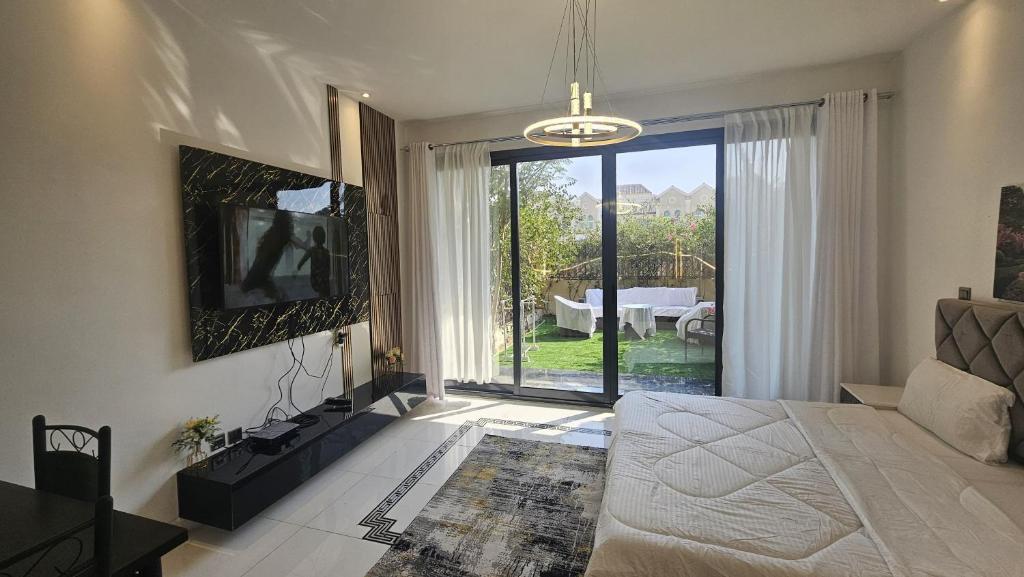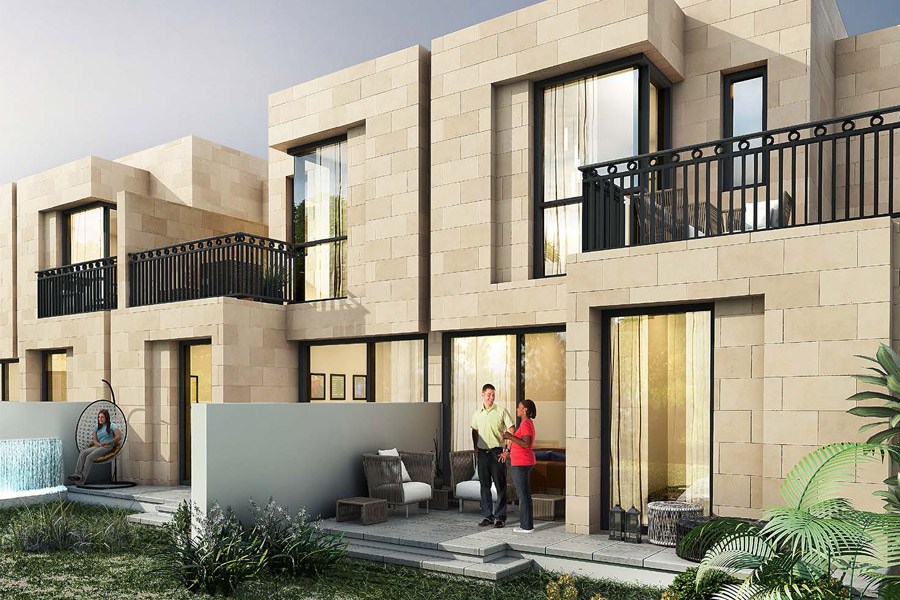Ultimate Guide to getting home loan in Dubai

All the potential homeowners search for home loans in Dubai when planning on buying properties in Dubai. Considering the fact that Dubai has a large population from India, there are plenty of home loan options that are specifically designed for NRIs. When expats purchase their off plan property in Dubai, they prefer the properties that best suit their tastes and preferences and their financial standing. Get through this ultimate home loan guide to educate yourself before going through the process of filing an application for home loans in Dubai.

Criteria for Home Loans in Dubai:
Banks in Dubai follows a certain criterion to provide home loans to expats. Each expat must adhere to the following criteria to become eligible for a home loan in Dubai:
- Your employer must be listed with the bank.
- Time spent within UAE: At least 6 months to a year
- Business period in Dubai: 2 to 3 years
- Employment period in UAE: a minimum of 6 months
- Credit history
Things to Consider Before Applying for a Home Loan in Dubai:
Mortgages and home loans are common in Dubai and clear rules are laid out by the Central Bank of UAE. There are certain conditions on which home loans are given out to expats. The applicant has to think about certain things before applying for a mortgage in Dubai, some of which are mentioned below:
-
Upfront Costs:
Before getting a home loan Dubai, you need to make certain payments as enforced by the Central Bank of UAE. You may need to save up for the following costs:
- 2% real estate commission (may vary)
- 2% of the purchase price of the property as advance payment (for properties less than AED 5 million)
- Valuation fee – ranging from AED 2500 to AED 3000
- 4% transfer fee
- 25% mortgage registration fee
-
Pre-approval of Mortgage:
Before starting the search for your home in Dubai, you should get a pre-approval for a mortgage. This gives you a clear idea about their budget. This step is crucial to search for your dream home as per your budget. At the time of signing the sales agreement, you will have to give a cheque of 10% of the purchase price of the off plan property. If you do not get financial approval and refused by the bank, you will also lose your deposit money to the bank.
-
Valuation Clause of the Sales Agreement:
Make sure that the property you’re interested in has a valuation clause. Before the bank grants you a home loan, it will evaluate your property if your property turns out to be overpriced, your loan will not be approved. In this case scenario, the valuation clause within the sales agreement will save the buyer from losing its deposit.
-
Repayment Value:
The bank’s repayment plan is generally based upon your monthly income. In the majority of cases, the repayment value is not more than 25% of your monthly income. However, if you have a previous credit history (car loan or other repayments), that amount will also be deducted in the calculation. The borrowing capacity of the applicant is calculated by the unique formulas of banks.
-
Mortgage Duration:
Earlier, the maximum loan period for applicants in the UAE is 25 years with an age limit of 70 years for self-employed and 65 years for salaried persons. However, a new decree is issued by CBUAE in October 2019 that has removed the Age Cap for both non-residents and residents, irrespective of their nationality. The maximum age limit can now be set by banks and lending bodies that will create more opportunities for more mature buyers and investors.
A long-term loan may cut down your monthly payment but increases the interest amount on your property. The borrowing capacity of the applicant also goes up in the long term mortgage in Dubai. Make sure to seek professional advice before making any decision on your home loan Dubai searches. You can either opt for a long-term loan by cutting down the years by paying extra each year.
Different Mortgage Types
-
Variable rate mortgages:
Variable-rate mortgages are the type of mortgages that may fluctuate on the Emirates Interbank Offered Rate (EIBOR). Opting for variable interest will fluctuate your monthly repayment amount which may impact the monthly expenses predictions.
-
Fixed rate mortgages:
Fixed-rate mortgages are granted for 1 to 5 years where the 3 years are the most common offering certainty as to the main advantage. After the end of fixed terms, the rate of mortgage will automatically move to a reversion rate which is also known as a Follow-On Rate.
Documents Required for Home Loan:
The following documents are mandatory for the approval of home loan applications:
-
Self-employed documentation:
- 2 years audits
- 12 months business statements
- ID documentation
-
Salaried Documentation:
- 6 months payslips
- 6 months bank statements
- ID documentation
- Salary certificate
-
Time Duration:
- Pre-approval – 2 to 3 working days
- Final mortgage offer letter – 4 to 5 working days
RELATED POSTS
RECENTLY LISTED PROPERTIES

Signature Mansions by Signature Developers
Jumeirah Golf Estates
18.5

MAG 777 by MAG Group
Dubai Sports City
777

Al Serh Residences 11 by Al Asak Development
Jumeirah Village Circle(JVC)
675.8

Dar Global Villas at Jumeirah Golf Estates, Dubai
Jumeirah Golf Estates
5900000

City Walk Crestlane at City Walk, Dubai - Meraas
City Walk Crestlane
2.6



